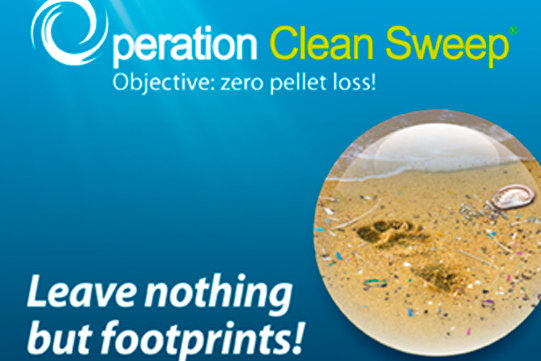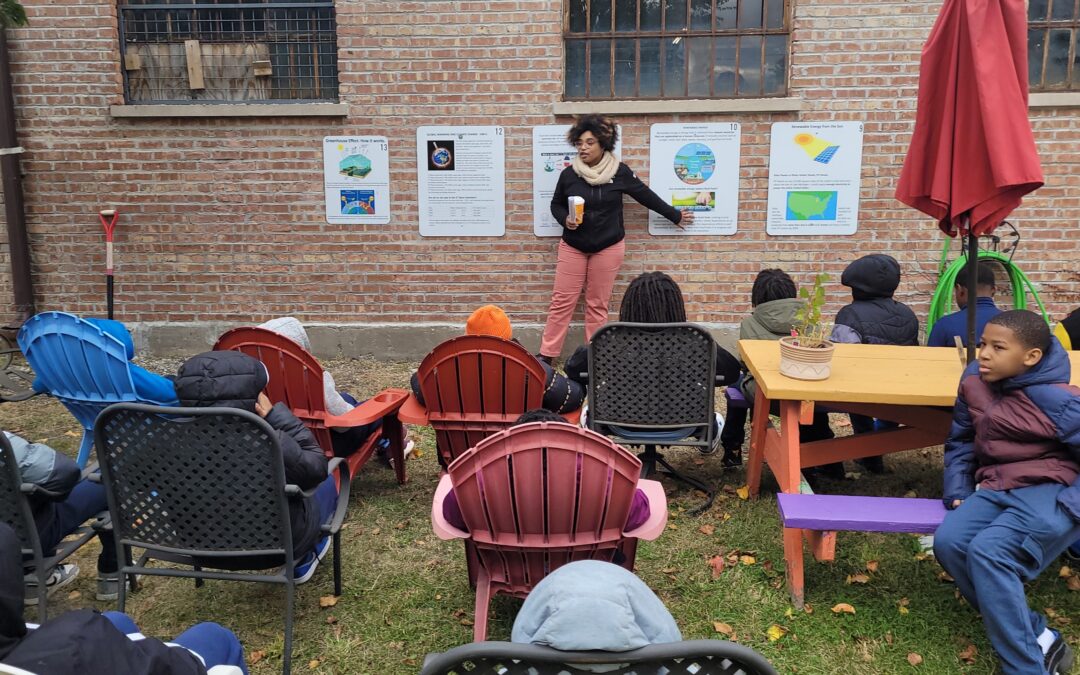While people, communities and organizations around the world realizes the magnitude of plastic pollution of our oceans today, and multiple actions are set in motion to do something about it, the plastic industry itself are stepping up to contribute to those efforts- they want to sweep their floors to prevent the plastic grains spilled during the process of manufacturing all those toxic plastic materials from leaking out into the oceans. Isn’t that beautiful?
Plastic resin pellet pollution is a type of marine debris originating from plastic particles utilized in manufacturing large-scale plastics. These pre-production plastic pellets are created separately from the user plastics they are melted down to form, and pellet loss is incurred during both the manufacturing and transport stages. Commonly referred to as nurdles, these plastics are released into the open environment, creating pollution in the oceans, rivers and on beaches. With thousands plastic industries world-wide, this loss of resins and nurdles is a significant source of plastic pollution.
In recent time the plastic industries have set themselves up with programs, standards and societies to educate their employees to not lose any plastic nurdles while transporting the nurdles and during manufacturing to plastic products:
Operation Clean Sweep (OCS) is a product stewardship program of the American Chemistry Council’s (ACC) Plastics Division and The Society of the Plastics Industry (SPI). Created in 1992, OCS is an international program designed to prevent resin pellet loss and help keep pellets out of the marine environment. The goal of OCS is to implement good housekeeping and pellet containment practices to work toward zero pellet loss.
While plastic nurdle loss from the thousands of plastic factories is a significant contributor to plastic pollution of our marine environment, an even bigger contributor is of course all the nurdles, which are not lost during manufacturing, but is being made into plastic bottles, plastic bags, toys, plastic plates and covers for the car industry and much more.
To say it bluntly: it isn’t the spilled resin nurdles but the products of the manufacturing process itself, which is the main polluter of the oceans
The websites of the OCS member plastic companies do not fail to mention, that when all their plastic products end up in the environment it is of course due to the consumers, who are not thinking of the environment. This part of the pollution, they write, is entirely the responsibility of the consumers.
And so, they wash their hands. And it is up to the public, the governments, non-profit organizations or scientists to clean up the oceans.








